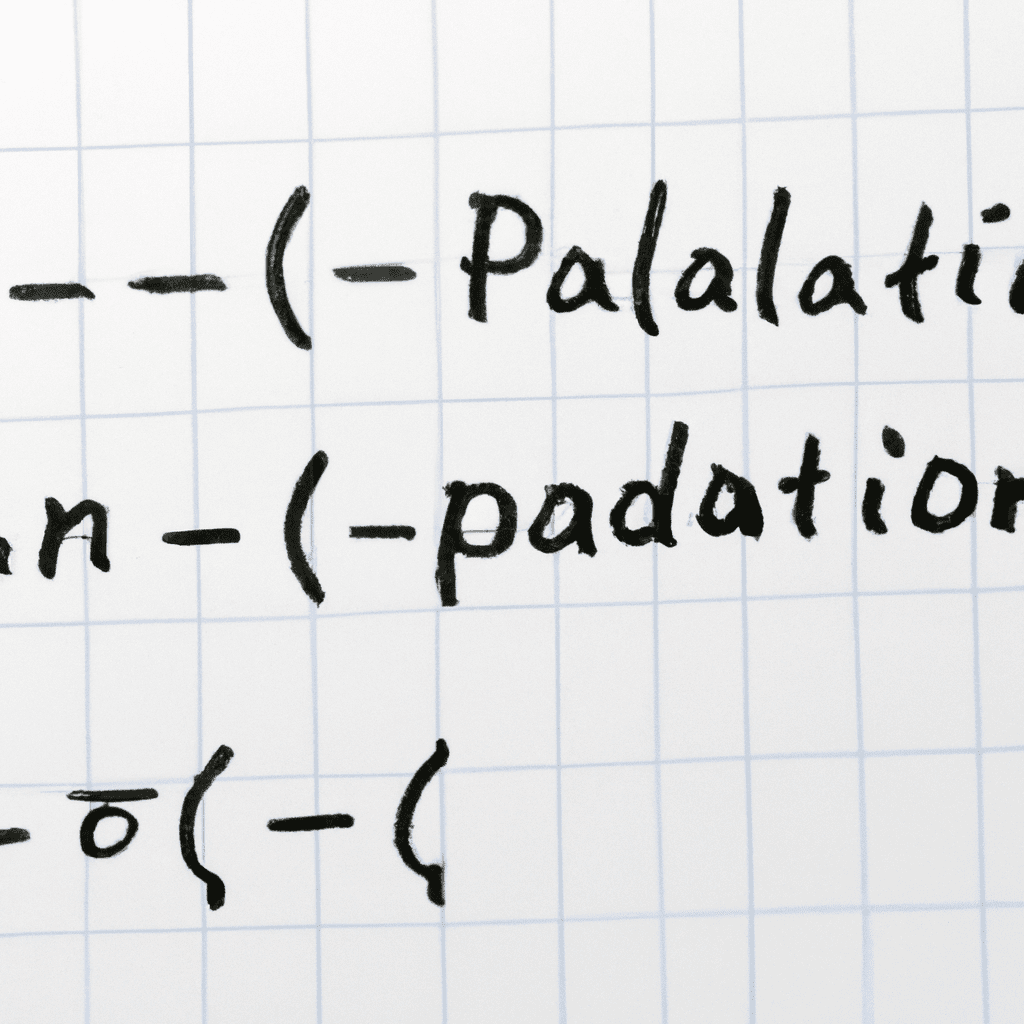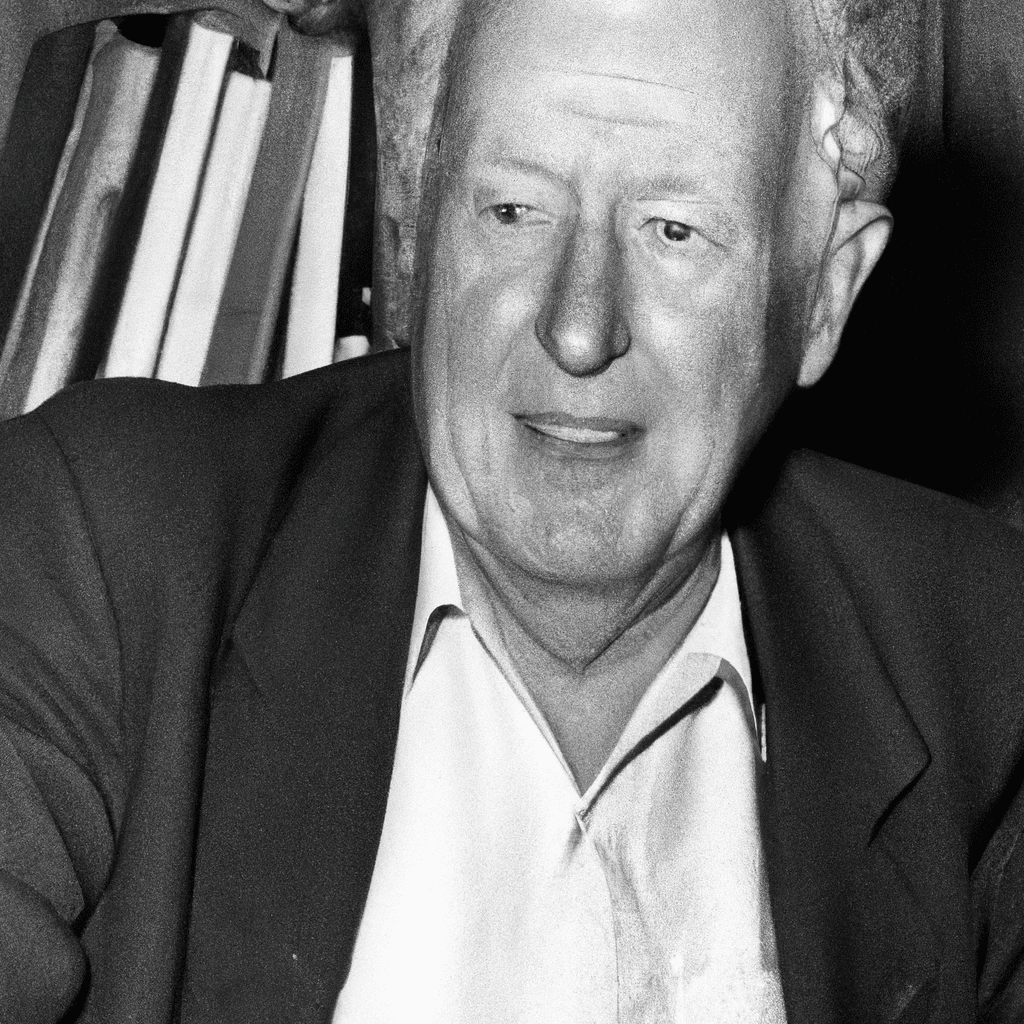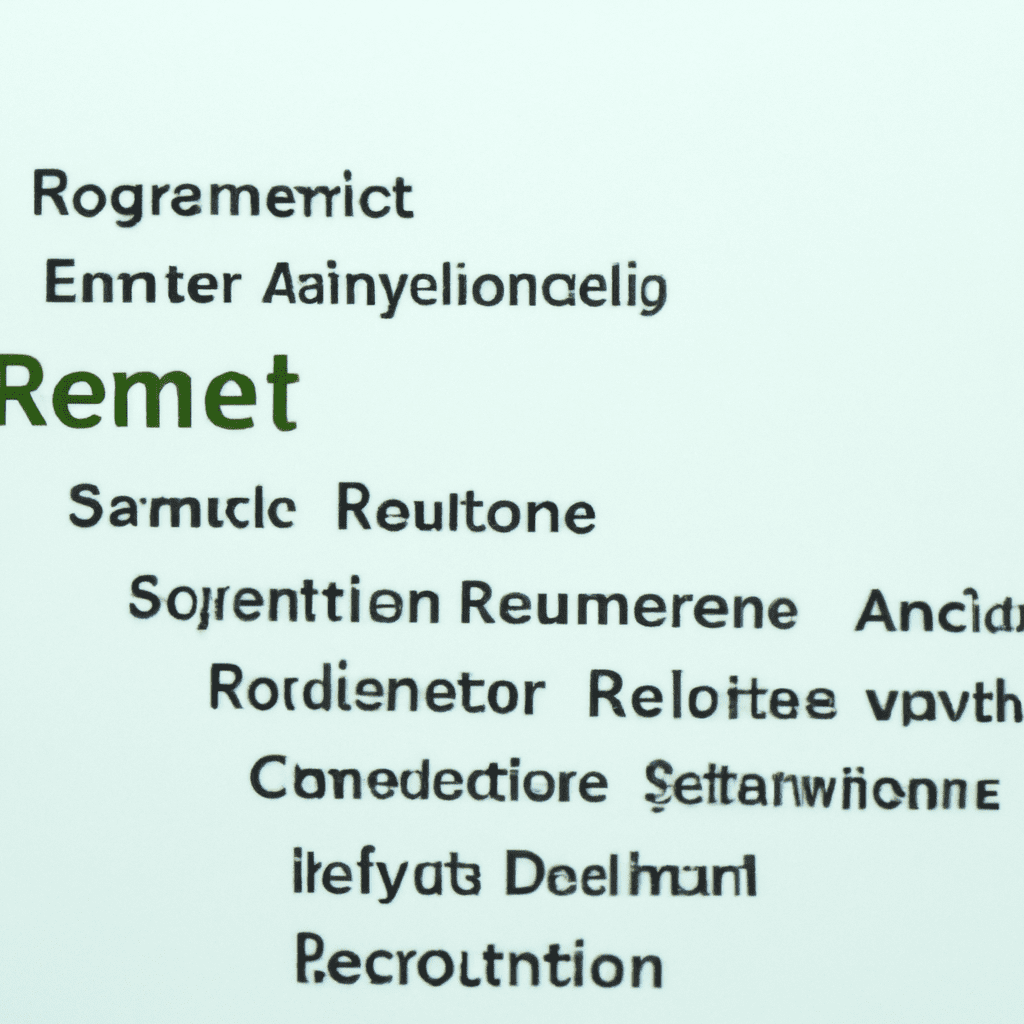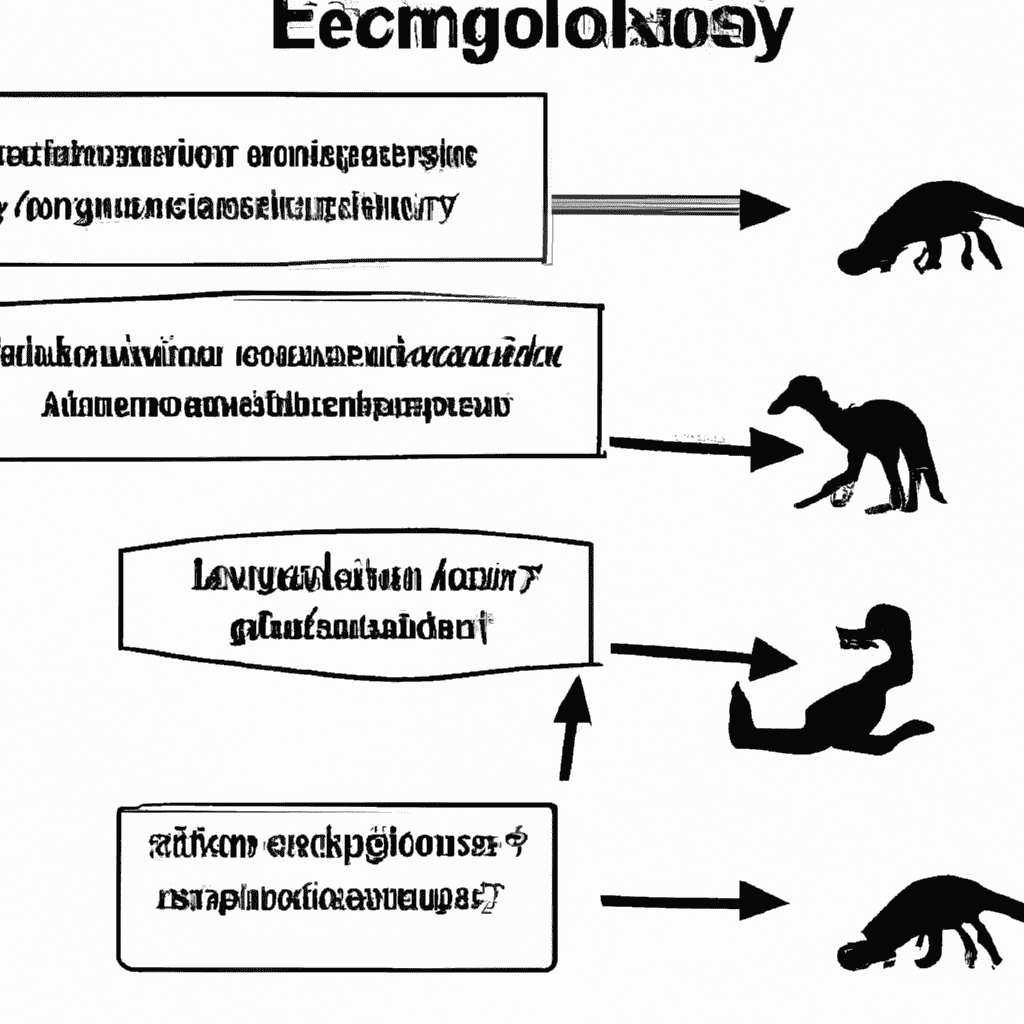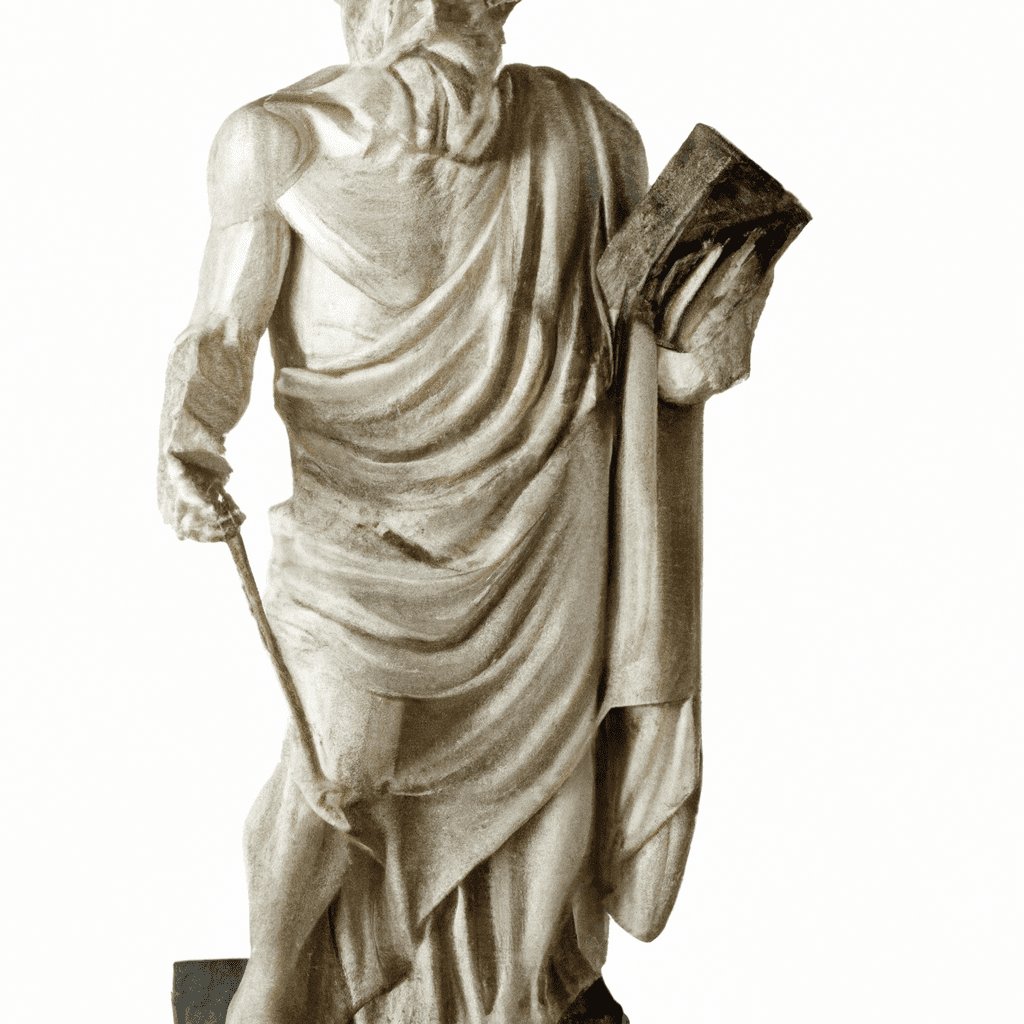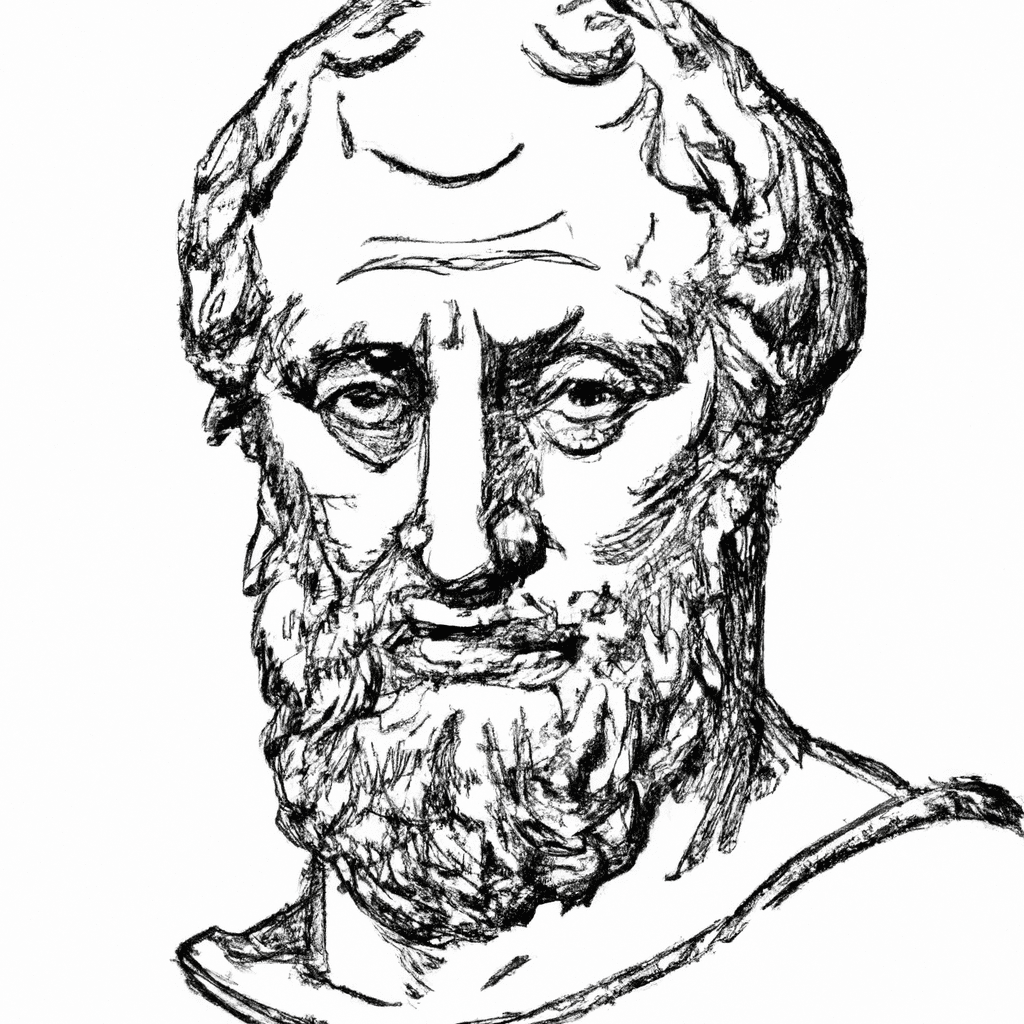Platonismo matematico Il platonismo matematico è qualsiasi spiegazione metafisica della matematica che implica l'esistenza di entità matematiche, che sono astratti, e che sono indipendenti da tutte le nostre attività razionali. Per esempio, a platonist might assert…
Categoria di navigazioneFilosofia Wiki
Presocratics
Presocratics Presocratic philosophers are the Western thinkers preceding Socrates (c. 469-c. 399 B.C.E.) but including some thinkers who were roughly contemporary with Socrates, such as Protagoras (c. 490-c. 420 B.C.E.). The application of the term…
Xuanzang (Hsüan-tsang) (602—664)
Xuanzang (Hsüan-tsang) (602—664) Xuanzang, world-famous for his sixteen-year pilgrimage to India and career as a translator of Buddhist scriptures, is one of the most illustrious figures in the history of scholastic Chinese Buddhism. Born into…
Alasdair Chalmers MacIntyre (1929— )
Alasdair Chalmers MacIntyre (1929— ) Alasdair MacIntyre è nato in Scozia, Educato in Gran Bretagna, filosofo morale e politico che opera negli Stati Uniti dal 1970. Il suo lavoro in etica e politica abbraccia tutte le discipline,…
Conceptual Role Semantics
Conceptual Role Semantics In the philosophy of language, conceptual role semantics (hereafter CRS) is a theory of what constitutes the meanings possessed by expressions of natural languages, or the propositions expressed by their utterance. In…
Evolutionary Epistemology
Evolutionary Epistemology Evolutionary Epistemology (EE) is a naturalistic approach to epistemology and so is part of philosophy of science. Other naturalistic approaches include sociological, historical and anthropological explanations of knowledge. What makes EE specific is…
The KK (Knowing that One Knows) Principle
The KK (Knowing that One Knows) Principle In its simplest form, the KK principle says that, for any proposition p, if one knows that p, then one knows that one knows it. More complex formulations…
Diogenes of Apollonia (5th cn. a.E.V.)
Diogenes of Apollonia (5th cn. a.E.V.) Diogenes of Apollonia is often considered to be the last of the Presocratic Greek philosophers, although it is more than likely that Democritus was still active after the death of…
Etica della virtù
Virtue Ethics Virtue ethics is a broad term for theories that emphasize the role of character and virtue in moral philosophy rather than either doing one’s duty or acting in order to bring about good consequences. A virtue…
Plotino (204-270 E.V.)
Plotino (204-270 E.V.) Plotino è considerato il fondatore del neoplatonismo. Prendendo spunto dalla lettura di Platone, Plotino sviluppò una complessa cosmologia spirituale che coinvolgeva tre elementi fondamentali: l'Uno, l'Intelligenza, e…

